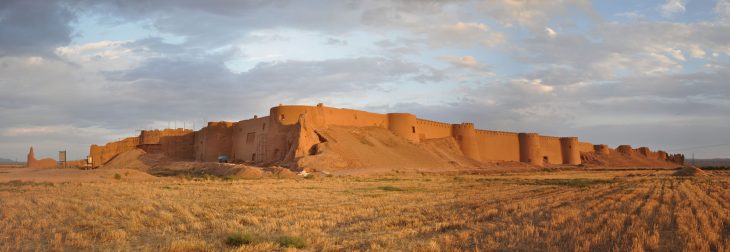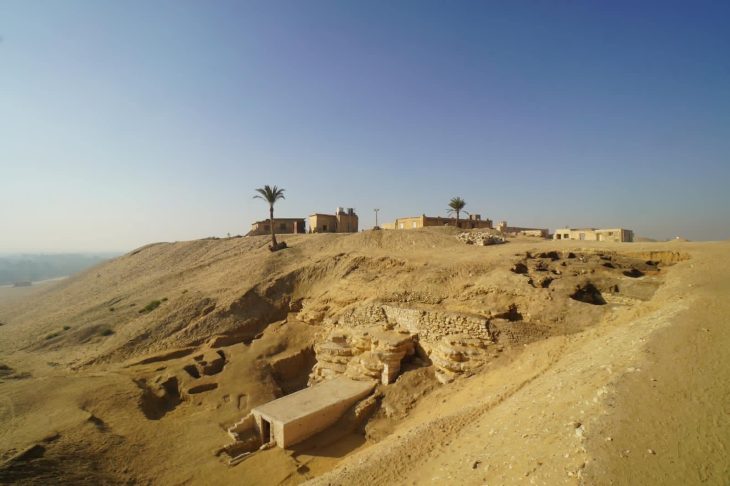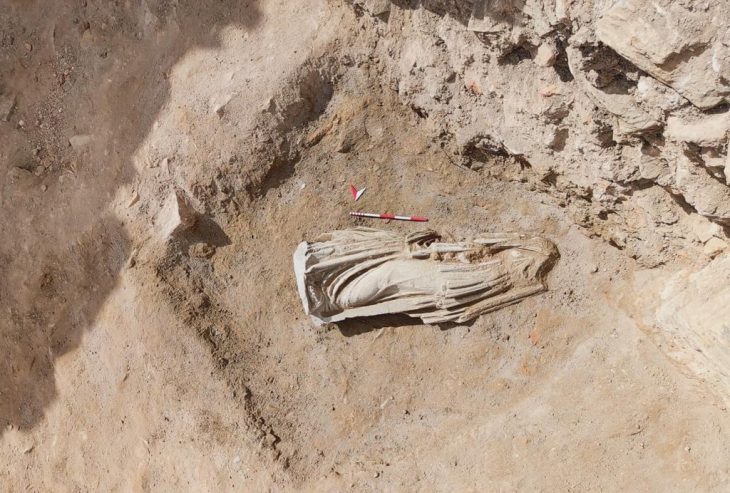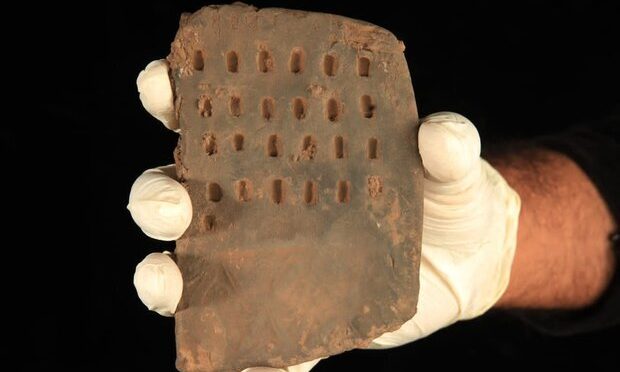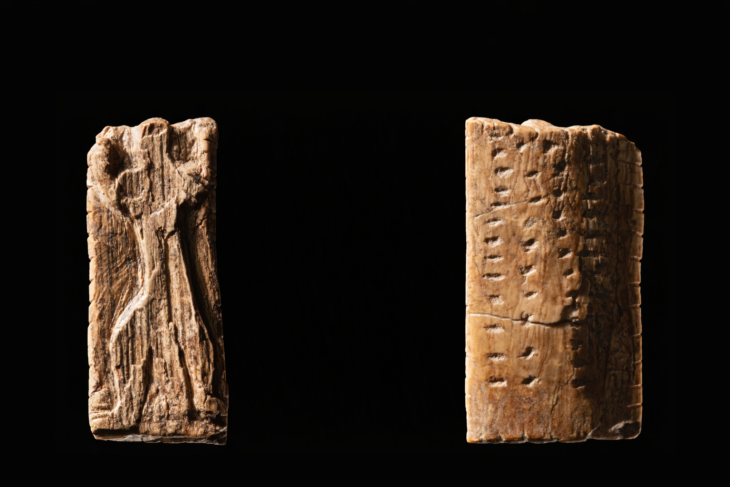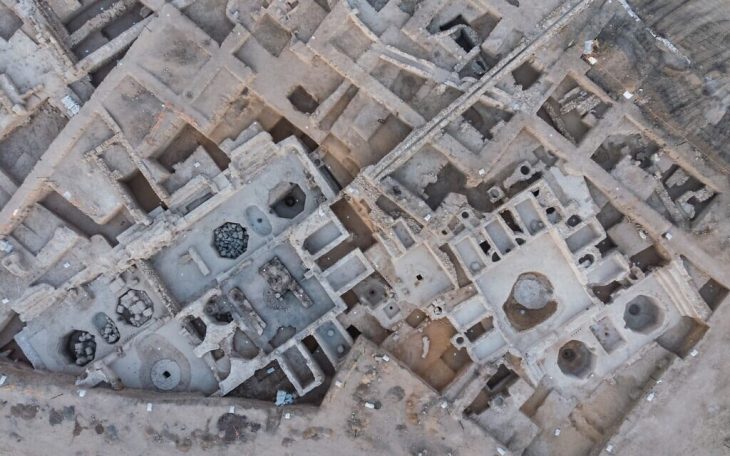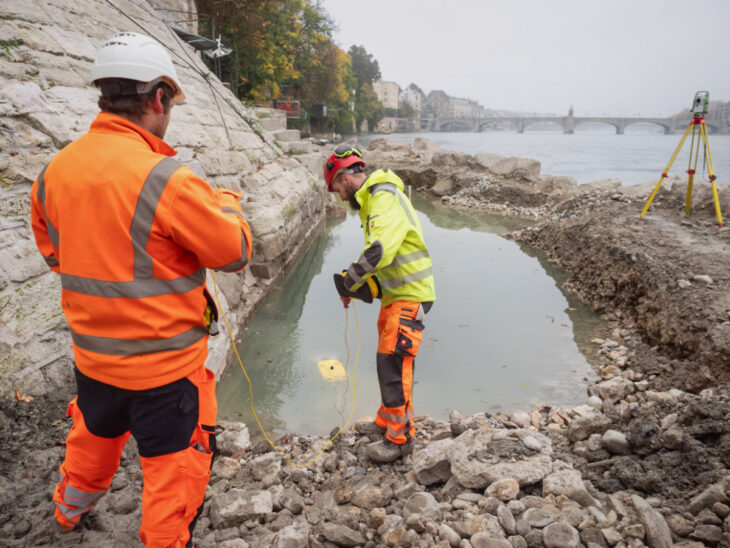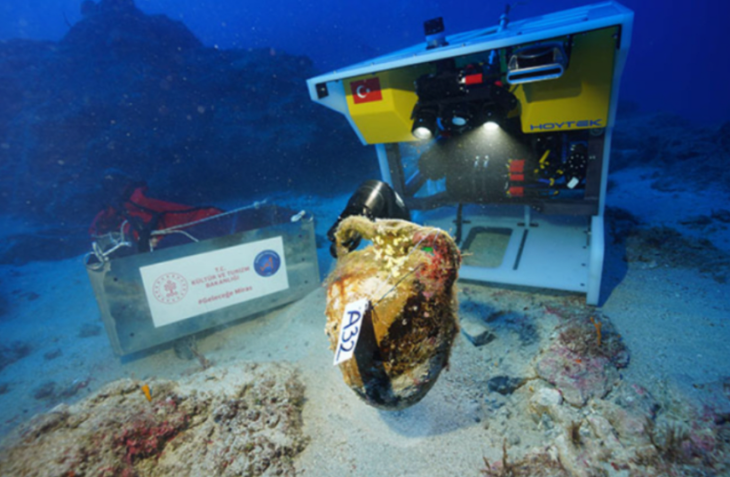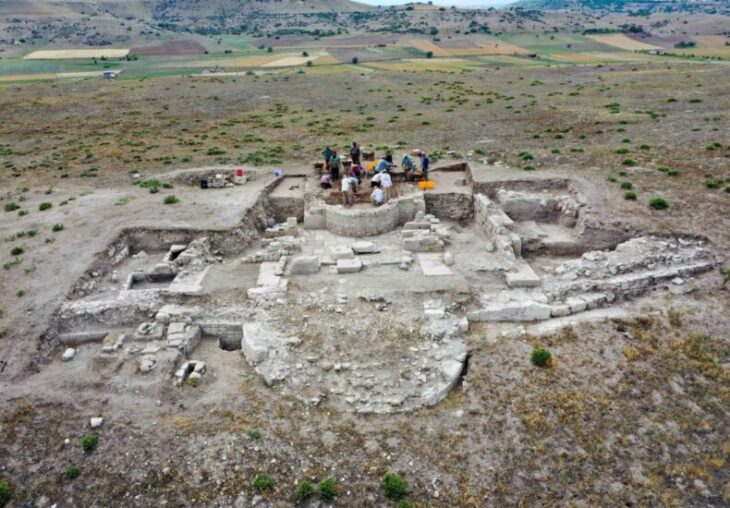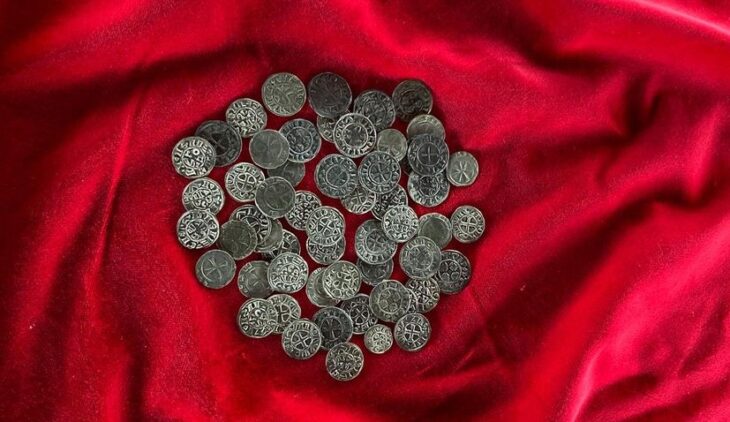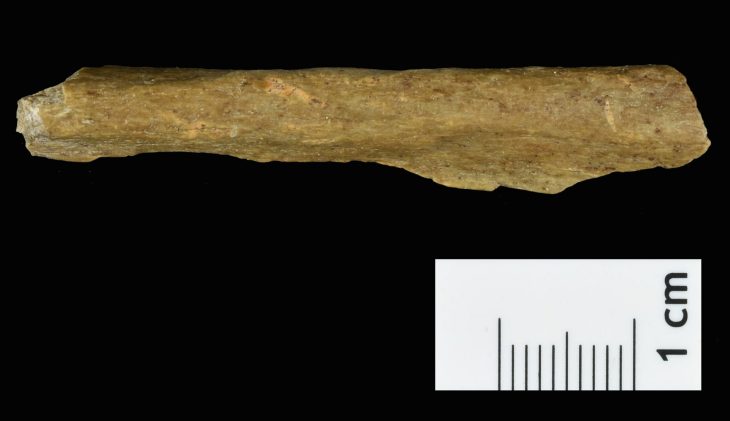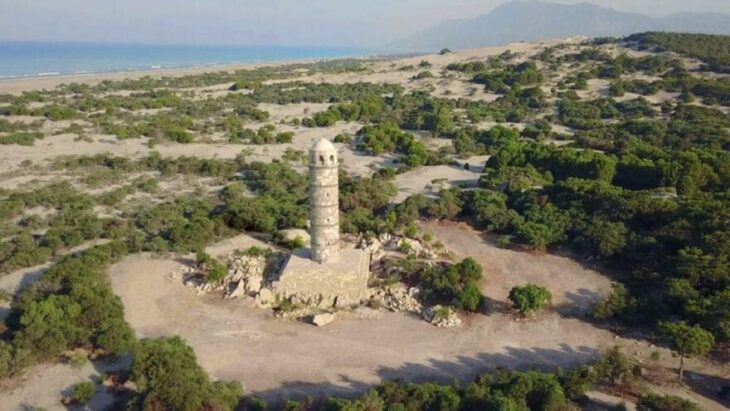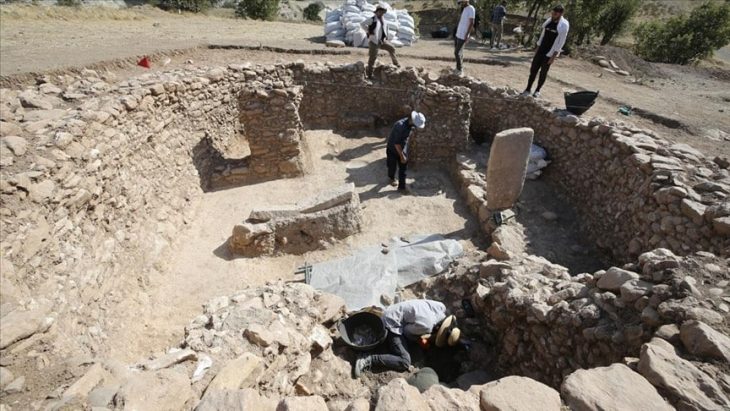Archaeologists have discovered an Iron Age port on Gotska Sandön, an island and national park in Sweden’s Gotland district.
In the spring of 2023, archaeologists found two 2,000-year-old Roman coins on one of the island’s beaches. Archaeologists have now returned to the island and made more thrilling discoveries. These offer more clues about what the site may have been used for 2000 years ago and consist of twenty hearths on the beach where the coins were found.
Johan Rönnby, a professor of marine archaeology at Södertörn University, is participating in the dig and describes the site as a type of Iron Age port. This is not a port with quays in the modern sense, but he theorizes that people landed here, pulled up their boats, and formed an encampment.
The hearths had been found during previous digs, when poles stuck into the ground emerged blackened with carbon. One of the hearths has now been excavated and dated using the carbon-14 method, showing that the site was in use around 2,000 years ago. It can therefore be linked to the coin finds from around the same date.
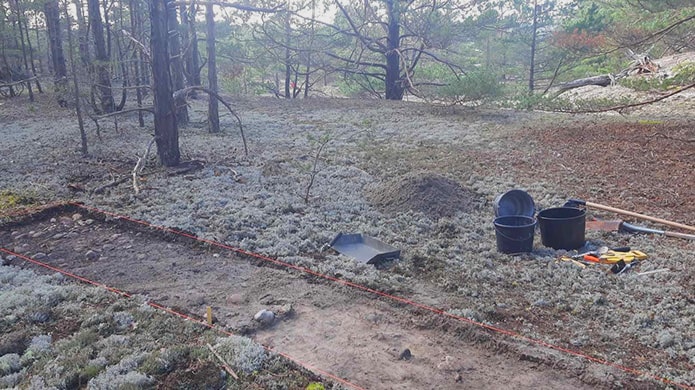
Researchers are unable to say with certainty what happened here, but Rönnby’s guess is that the site may be linked to the seal hunting, which is known to have taken place.
📣 Our WhatsApp channel is now LIVE! Stay up-to-date with the latest news and updates, just click here to follow us on WhatsApp and never miss a thing!!
“Seal hunters may have come from the island of Gotland and landed on Sandön to boil seal blubber. This could have been what the hearths were used for, but we don’t yet know – there may be other reasons why the site looks like it does, such as it being a trading post,” said Rönnby.
Further excavations will take place over the coming weeks to uncover more clues to the site’s past. In addition to the Roman coins, ceramics were found here a century ago. Rönnby now hopes that they will find more ceramics that the project can analyze.
The excavation project is a collaboration between Södertörn University, Uppsala University’s Campus Gotland, Gotland Museum, and the Swedish National Heritage Board. It is funded by the Voice of the Ocean Foundation.


